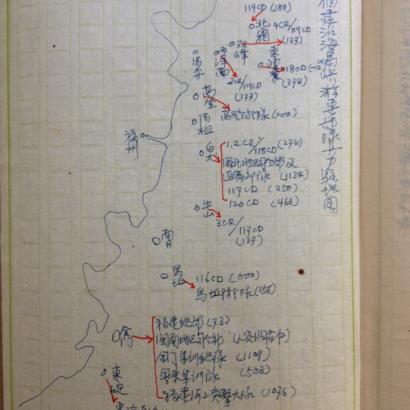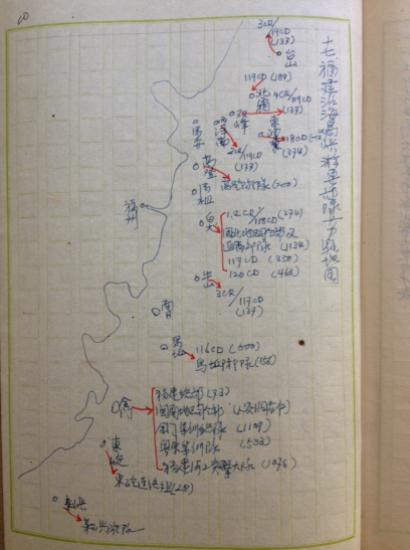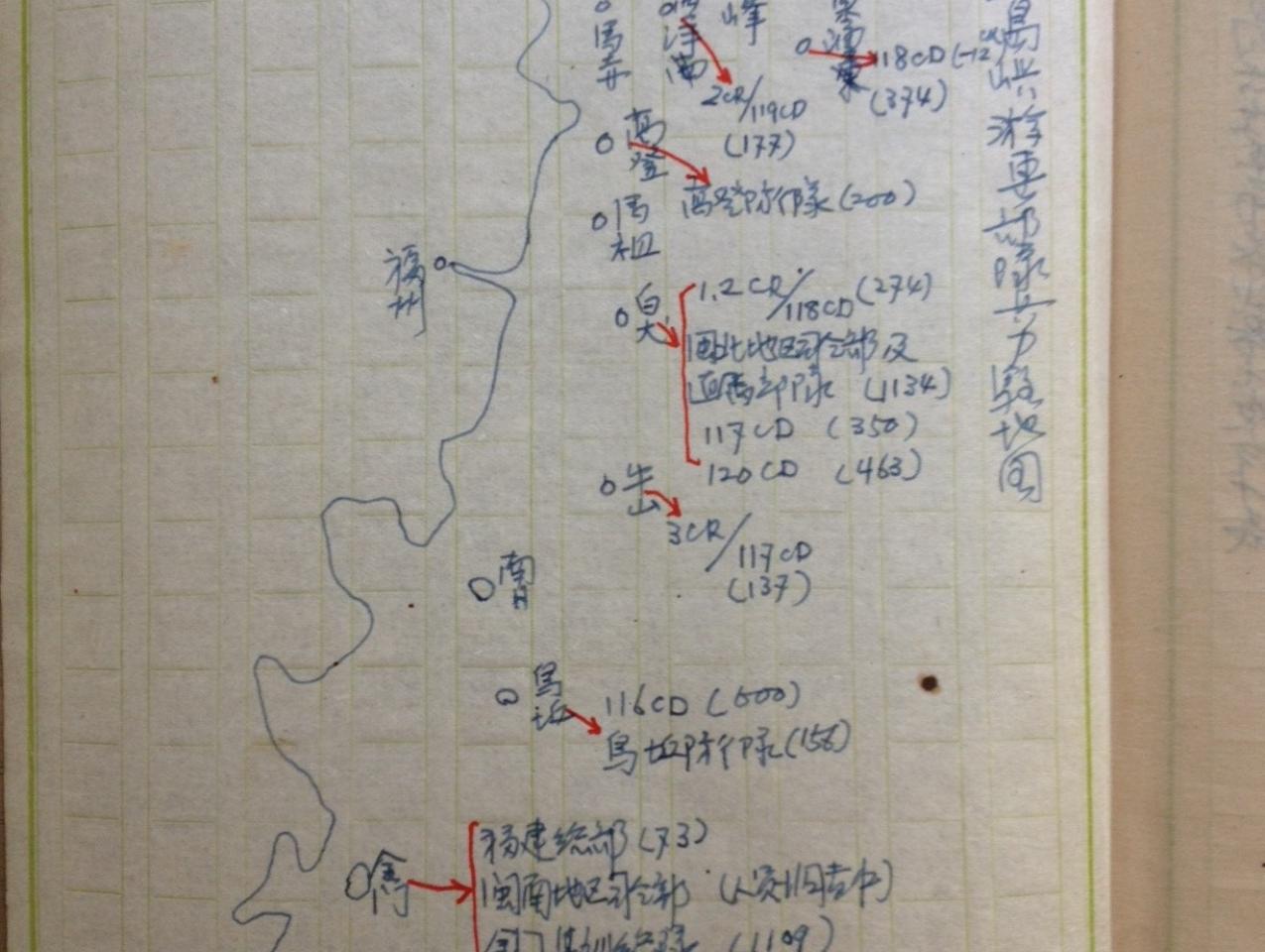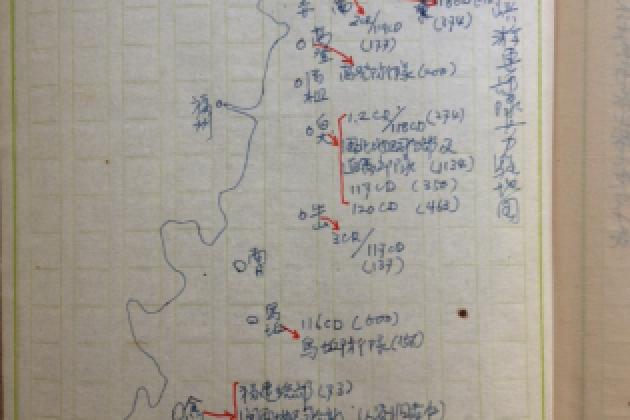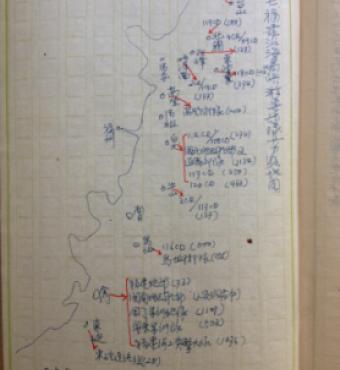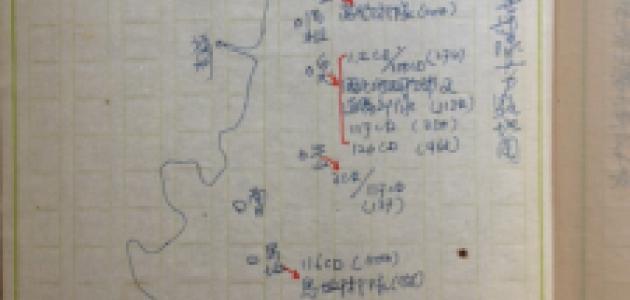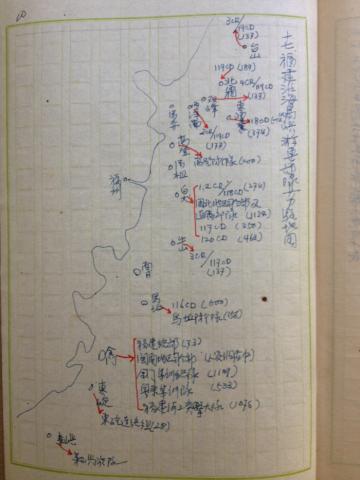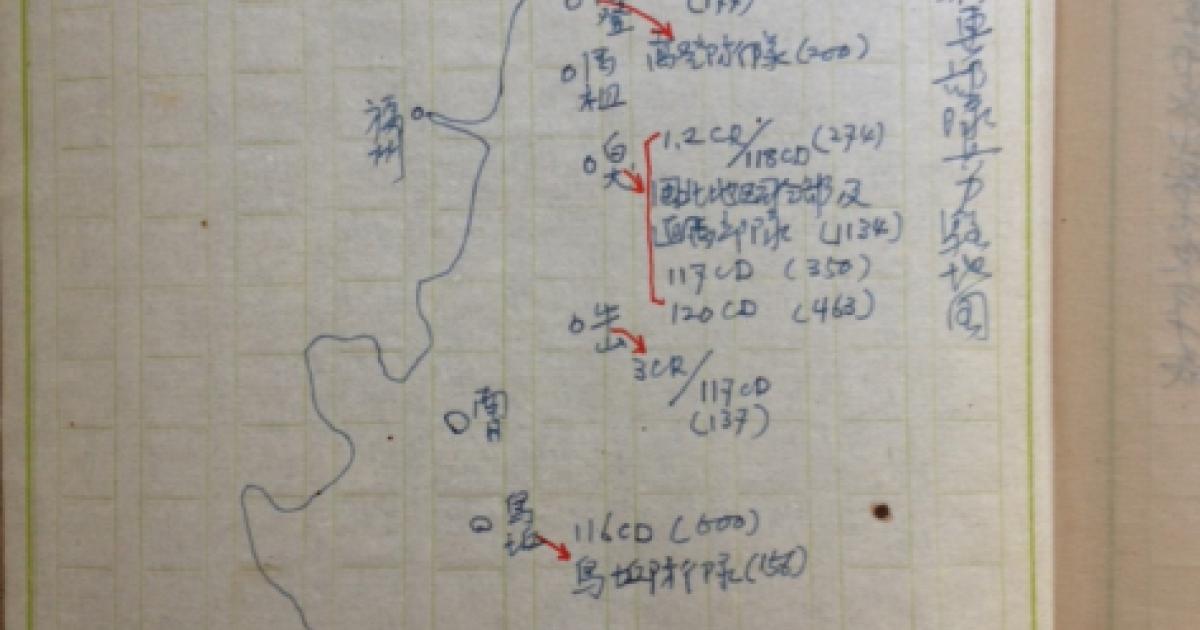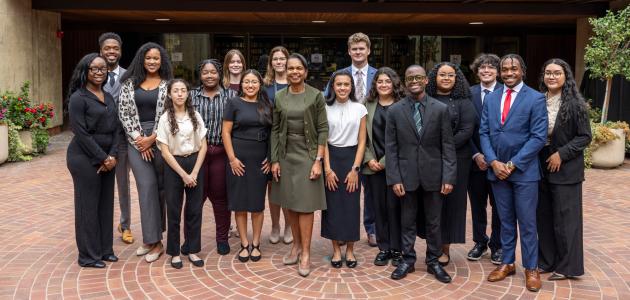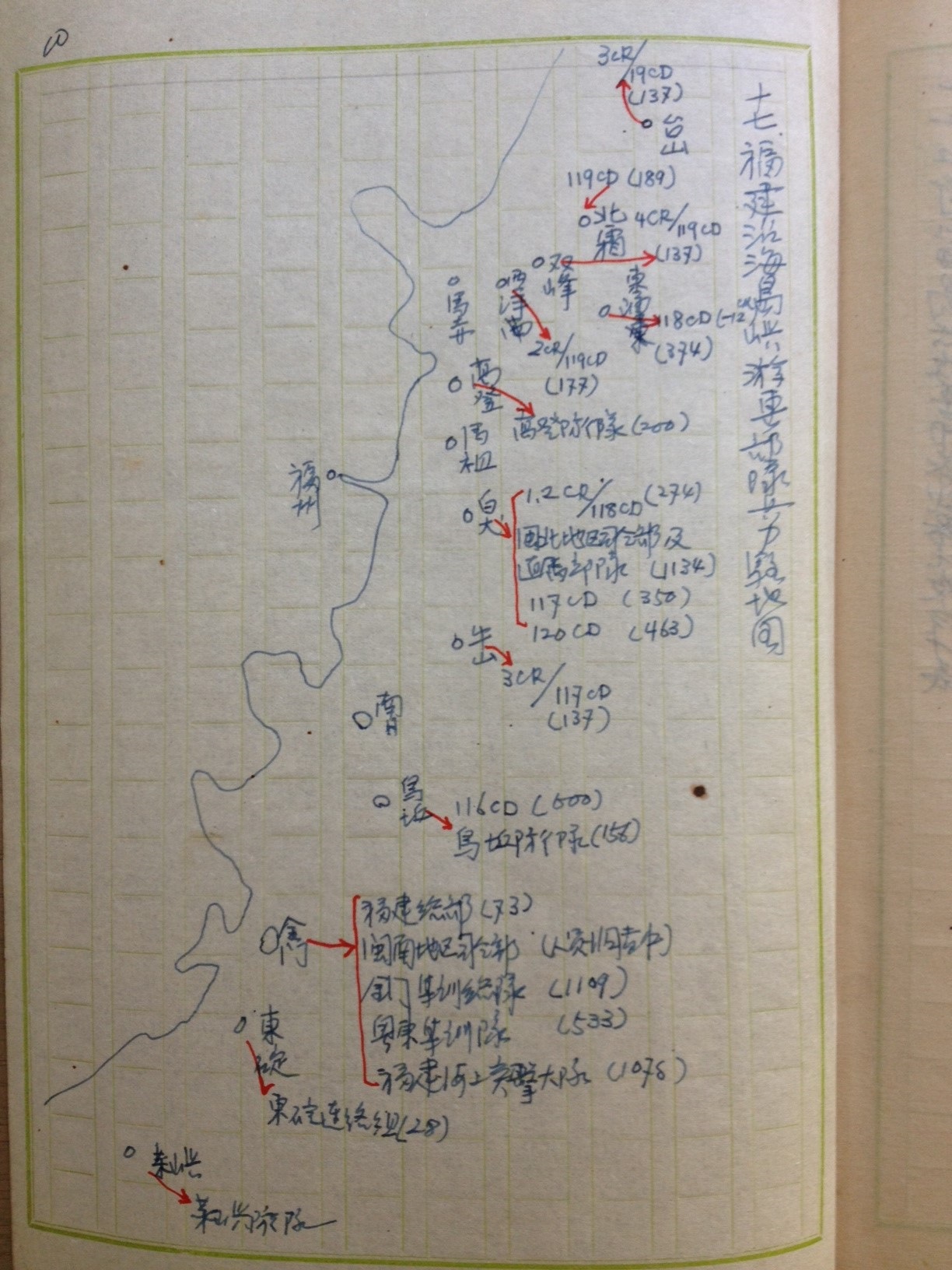
Can Japan and China find a way to reduce the risk of conflict and prevent continuing hostilities that could last decades? Can they peacefully coexist in a new era in which they are both great powers? No one is certain, but, as Harvard University scholar Ezra Vogel argues, the history between the two countries has overshadowed the present and future of Japan-China relations. That history, as Hoover’s recently acquired increments to the Japanese Modern History Manuscript Collection reveal, was more complicated than people imagine.
In the early 1950s, after his humiliating defeat in the civil war, Chiang Kai-shek planned to rebuild the military and take back the mainland from the Chinese Communists. He covertly hired a group of Japanese ex-officers to help train and advise his military forces. The operation was not made public because of Japan’s role during World War II and because the United States had an official military advisory group in Taiwan. At its peak, as many as eighty-three Japanese military advisers were on the island. In the almost two decades of the group’s existence, more than ten thousand high-ranking Nationalist officers had attended its training programs.
The newly added Japanese historical materials concern the underground Japanese military advisory activities in Taiwan during the Cold War era. According to Iwatani Nobu, a senior fellow at the National Institute of Defense Studies, Japanese Ministry of Defense, these documents illuminate an extraordinarily strong network between the military circles of the two countries. That tie, based on a commonly shared political ideology, lingered on even after diplomatic relations between Tokyo and Taipei ceased to exist after 1972. Nowadays, as the peace and security environment in East Asia is becoming increasingly unstable, a glimpse into the hidden role of the Japanese military advisers in Taiwan will enrich our understanding of the historical roots of the problem.




